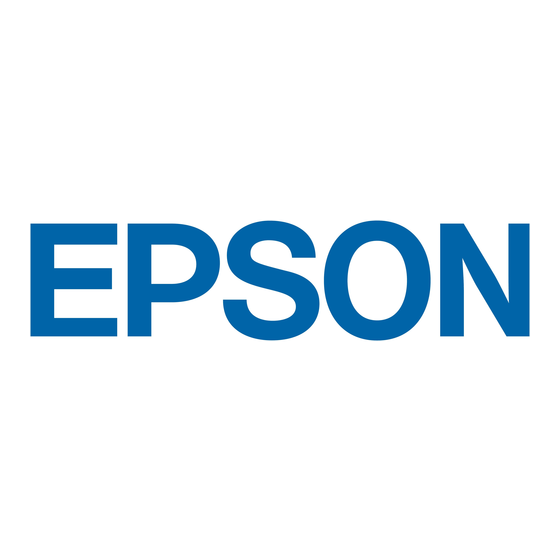Epson 1815p - PowerLite XGA LCD Projector Gebruikershandleiding - Pagina 10
Blader online of download pdf Gebruikershandleiding voor {categorie_naam} Epson 1815p - PowerLite XGA LCD Projector. Epson 1815p - PowerLite XGA LCD Projector 27 pagina's. Release of check tool for network projectors v1.00 for windows
Ook voor Epson 1815p - PowerLite XGA LCD Projector: Gebruikershandleiding (42 pagina's), Bedieningshandleiding (36 pagina's), Bedieningshandleiding (47 pagina's), Snelle installatie (2 pagina's), Gebruikershandleiding (1 pagina's), Functiehandboek (5 pagina's), Software Handleiding (2 pagina's), Conformiteitsverklaring (4 pagina's), Onderdelenlijst (1 pagina's), Product ondersteunings bulletin (45 pagina's), Product ondersteunings bulletin (25 pagina's), Product ondersteunings bulletin (22 pagina's), Product ondersteunings bulletin (28 pagina's), Product ondersteunings bulletin (41 pagina's), Product ondersteunings bulletin (34 pagina's), Product ondersteunings bulletin (28 pagina's), Product ondersteunings bulletin (15 pagina's), Product ondersteunings bulletin (22 pagina's)

